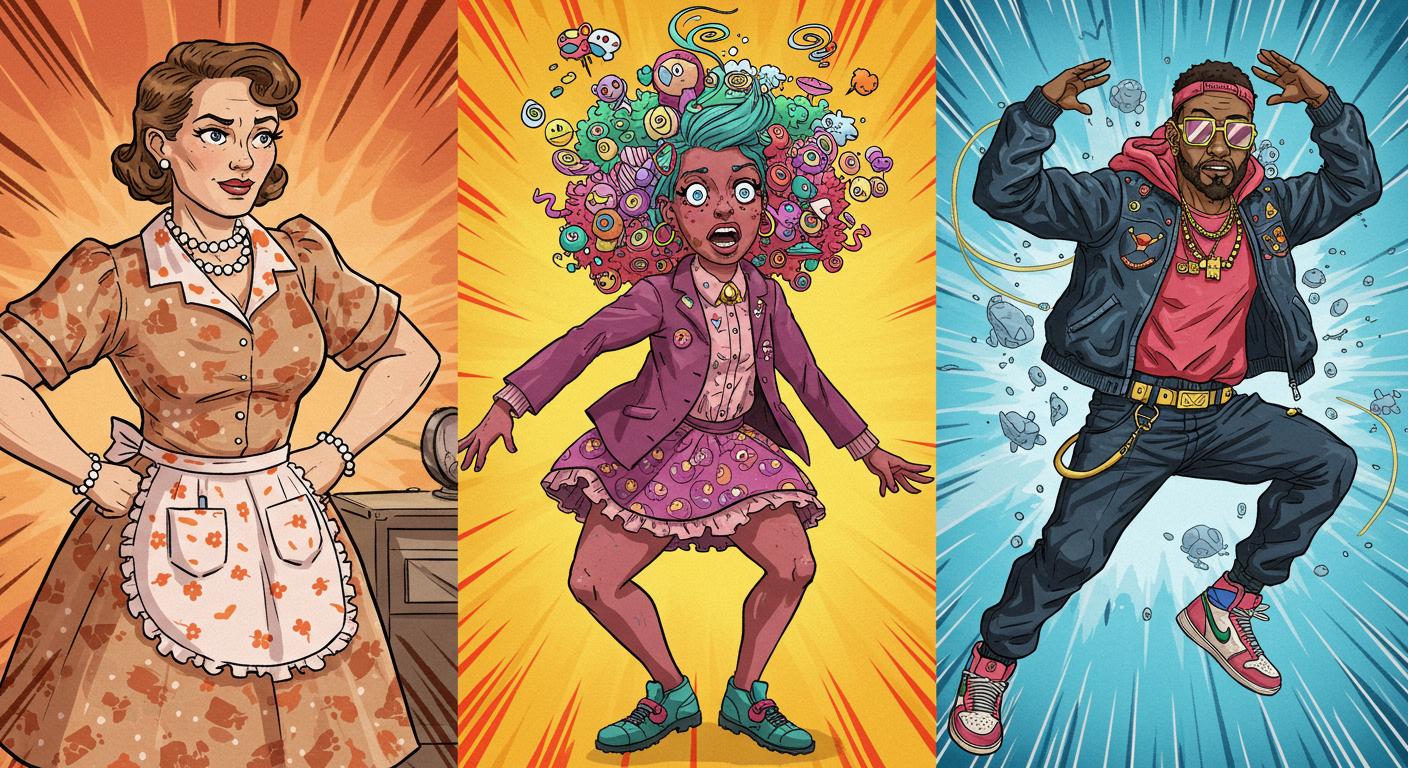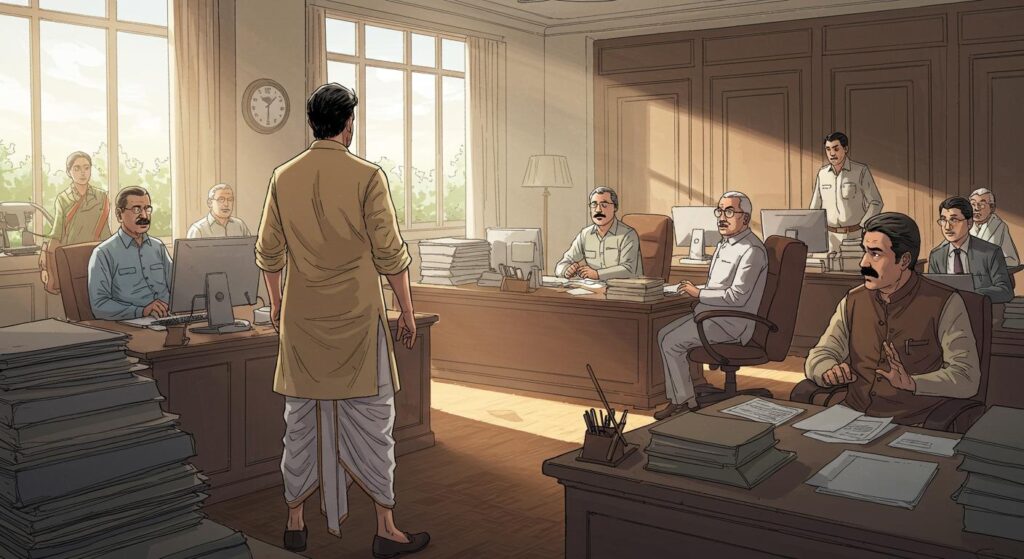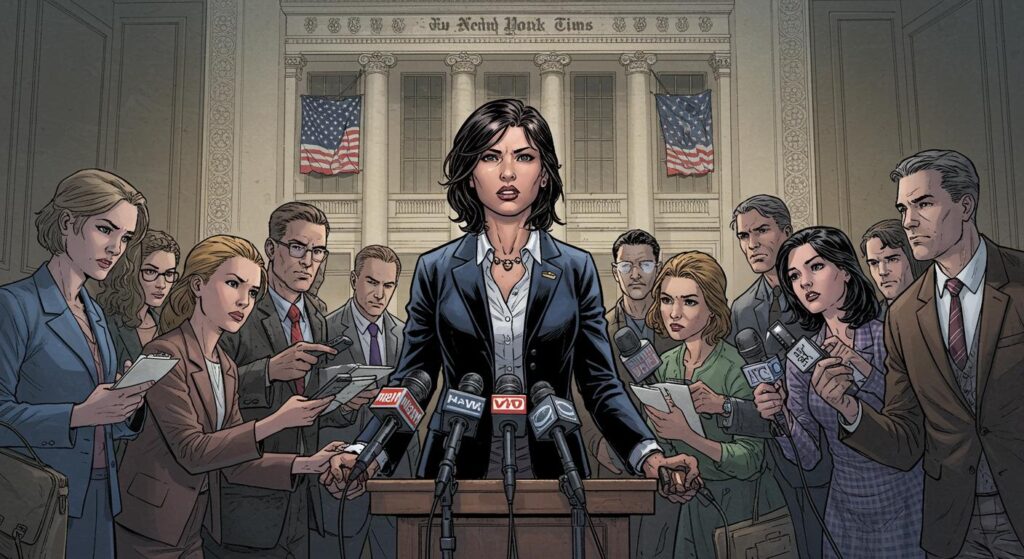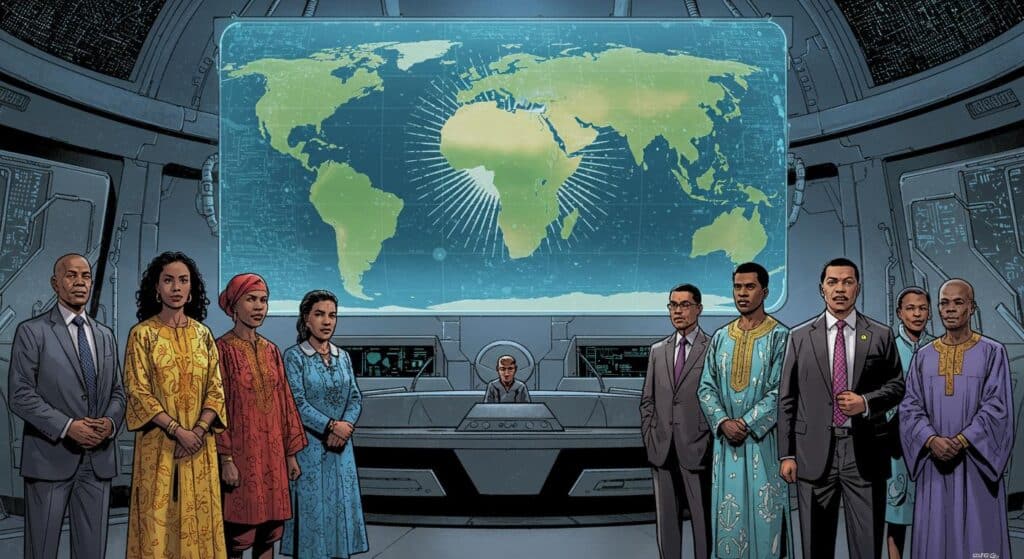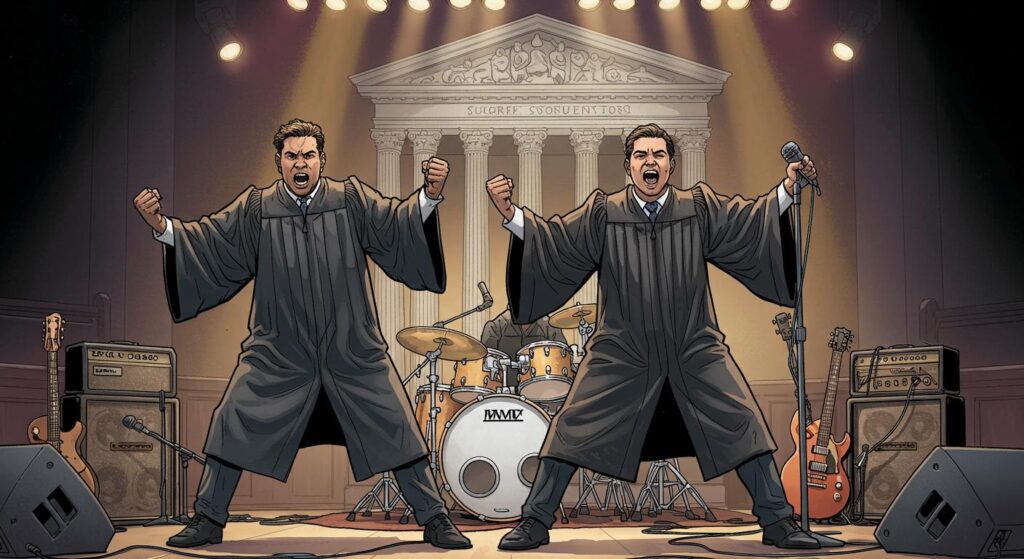It happens quietly, rarely to much fanfare: dictionaries, those staid sentinels of language, open their doors and let in a new crowd. But this year, as reported in a Sky News rundown that reads, at times, like a cyphered TikTok comment thread, the Cambridge Dictionary has added 6,000 new words. Some are straightforward, others… well, “delulu” springs to mind.
Linguistic Newcomers: From ‘Mouse Jiggler’ to ‘Broligarchy’
As Sky News details, Cambridge University’s dictionary team leaned hard into modern vernacular for this update. Some words, like “work spouse” (that office ally who’s seen your fourth coffee) and “mouse jiggler” (the little gadget that fakes mouse movement to prevent your computer from dozing off during “deep work”) feel less like neologisms and more like discoveries that we finally admitted existed.
Grouped among the new entries are “delulu,” “skibidi,” “lewk,” and the faintly dystopian “broligarchy.” The dictionary’s lexical programme manager, Colin McIntosh, told the outlet that their policy is not to chase fleeting fads but to pin down words expected to last—which, apparently, makes “delulu” (short for delusional) secure enough for linguistic immortality. The word’s status is reflected in how even public figures have adopted it; in a detail highlighted by Sky News, Australia’s Prime Minister Anthony Albanese once used the phrase “delulu with no solulu” (delusional with no solution) in Parliament, sealing its high-level approval.
Broligarchy, as the report notes, blends “bro” and “oligarchy” in a way that may cause flashbacks to early-2010s meme culture. But, as described by Sky News, it specifically refers to a tight circle of rich and influential tech personalities—think Zuckerberg, Musk, Bezos, and Pichai—who, in a moment that sounds made up, all assembled at Donald Trump’s inauguration. The dictionary entry may not be able to capture the undertone of eye-roll in its origin, but at least now the word exists for all our future Silicon Valley-watching needs.
‘Tradwives,’ ‘Lewks,’ and Skibidi Toilets: The New Canon
In a group of new words that perhaps only 2025 could birth, Cambridge has also inducted “tradwife,” “lewk,” and that linguistic Swiss Army knife, “skibidi.” According to Sky News’s outlined additions, “tradwife” is shorthand for the “traditional wife” ideal—women who post online about their home-centric roles in retro domestic bliss. Among the most prominent, as the report highlights, is Hannah Neeleman (@ballerinafarm), dubbed “queen of tradwifery” and apparently trailed by over ten million followers on social media. The dictionary, in its librarian way, doesn’t wade into debates but simply sets the snapshot in lexical stone.
“Lewk,” meanwhile, owes a thank-you note to RuPaul’s Drag Race. The word (a twist on “look”) means a particularly striking, unusual, or impressive style; the outlet notes its journey from runway commentary to mainstream snapshot-focused vocabulary. Now, everyone can have a “lewk”—spelling optional, Instagram mandatory.
One of the more spectacular additions, as explained by Sky News, is “skibidi.” The term itself can mean nearly anything—good, bad, cool, weird, or sheer nonsensical filler—and owes its popularity to an animated YouTube fever dream called Skibidi Toilet (toilets, for those wondering, that feature human heads sticking out from the bowl). The show has found an unusually committed audience in Gen Alpha, those born roughly between 2010 and 2024. In a pop culture crossover only the internet could provide, Kim Kardashian was spotted wearing a “skibidi” necklace gifted by her daughter North West, according to the outlet.
Phrases like “What the skibidi are you doing?” or “That wasn’t very skibidi rizz of you” have trickled beyond the show and into general usage. If you’re unsure whether something qualifies as “skibidi,” picture a talking toilet and trust your instincts.
Defining the Weirdness: Linguistic Democracy or Delusion?
The decision to canonize such words invites questions—are we mapping the evolution of English, or is the dictionary itself turning a bit “delulu”? In commentary quoted by Sky News, McIntosh explains that only words with real staying power get in, not mere flashes in the pan. Yet surveying this selection, it’s hard not to wonder if the surreal is the new normal.
Ultimately, the logic isn’t new. Dictionaries have always chased language as it’s actually used, gathering trends, oddities, and the linguistic debris that clings to cultural moments. Today, much of our language is fashioned online—repurposed, riffed-on, or sometimes pulled out of thin air just for the whimsy.
There’s a quiet delight in seeing “skibidi” (a word that can mean everything or nothing) sitting next to “mouse jiggler” (a technical term for pretending to be busy on Teams). Whether delivered by prime ministers, celebrity offspring, or a meme about tech oligarchs, these words now have an official home. If the dictionary is a museum, we’re all living in the Dadaist wing.
Maybe linguistic democracy is a little chaotic. But then again, maybe chaos is what keeps our language interesting—or at the very least, a bit more skibidi.

